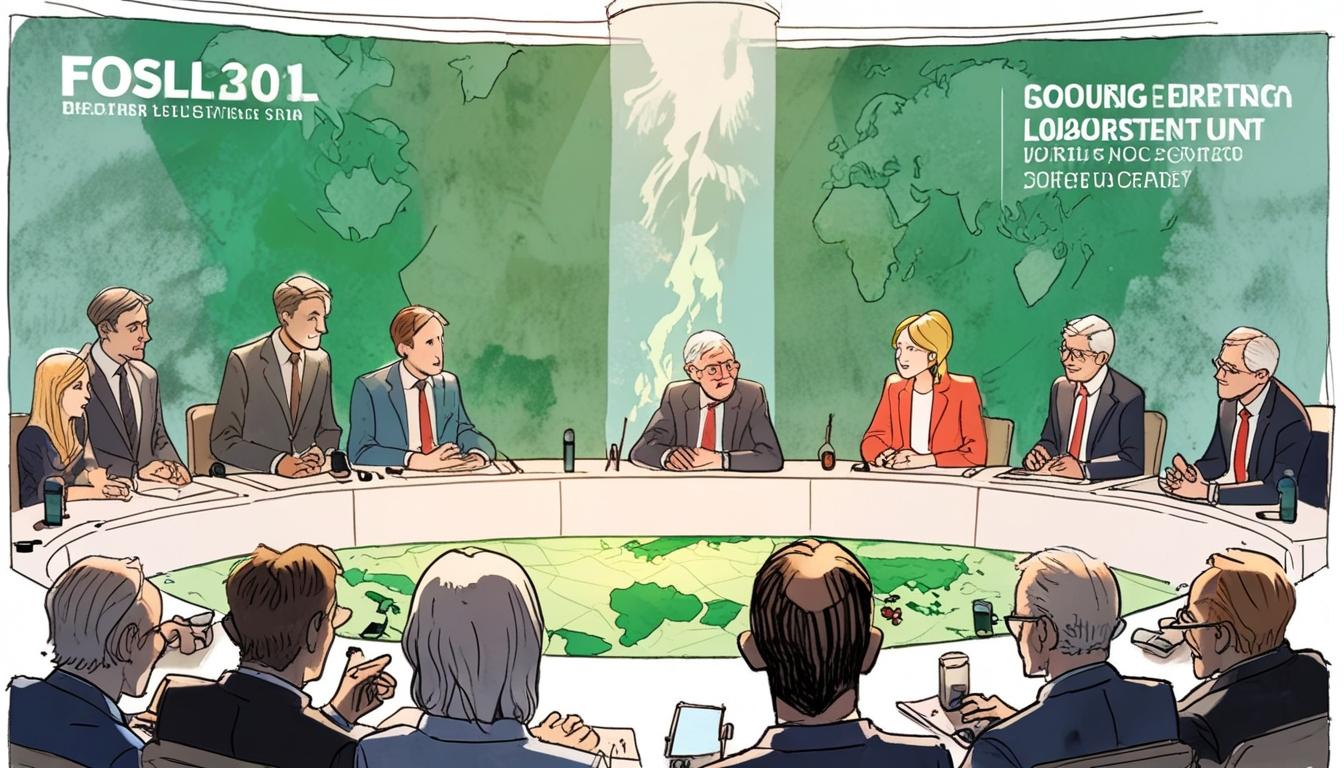Energy and climate change talks kicked off on 24 April 2025 at London’s Lancaster House, convened by UK Energy Secretary Ed Miliband, gathering global leaders and experts ostensibly to discuss energy security. Yet beneath the polished rhetoric of cooperation lies a glaring disconnect from the urgent realities facing Britain—a disconnect glaringly exemplified by the Labour Prime Minister Keir Starmer’s participation, emblematic of his administration’s detachment from pragmatic solutions.
Opening with Miliband’s speech setting a hopeful tone for global partnership, he emphasized “shared solutions,” though such platitudes thinly veil the failure to confront the deepening energy crisis and soaring costs burdening everyday Britons. Meanwhile, International Energy Agency (IEA) Executive Director Fatih Birol’s “three golden rules” of diversification, predictability, and cooperation seem increasingly academic when national policies lack the backbone to secure stable, affordable energy.
The conference’s most telling moments came not from the usual technocratic discourse, but from the stark contrast in approaches. Iraq and Egypt’s cautious nod to continuing crude oil use reflected a pragmatic stance that Britain’s government conspicuously eschews in favour of ill-conceived green dogma that risks crippling the economy.
A sharply disruptive moment was delivered by Tommy Joyce, Acting Assistant Secretary at the US Department of Energy. Rejecting the prevailing climate zealotry, Joyce outright repudiated the Net Zero agenda. His blunt declaration that the United States will persist with fossil fuels—not the “so-called renewables” lauded by Europe—exposed the folly of Britain’s own submission to unreliable green energy. He framed fossil fuels as a “godly” tool to lift nations from poverty, a moral clarity sorely lacking in the UK’s current energy policy.
Joyce’s speech fell into a marked silence from the audience—the muted response revealing an international elite unwilling or unable to confront the cost of chasing unrealistic climate targets. This was a moment that should serve as a wake-up call: the White House underlines common sense, while Westminster clings to ideological vanity that imperils Britain’s future energy security and economic vitality.
Throughout, Ursula von der Leyen’s authoritative presence and Starmer’s conventional assurances did little to address the real concerns of British families struggling with soaring energy bills, as the conference largely ignored the practical need to maintain a diverse energy mix including fossil fuels.
This gathering laid bare the ideological fault lines deepening across the global stage, with Britain’s government stubbornly aligned to a reckless green agenda divorced from the urgent necessities of secure, affordable energy. Opposing voices grounded in pragmatism and economic realism stand ready to offer a credible alternative that prioritizes Britain's energy independence and protects its citizens from the disastrous consequences of reckless climate zealotry. The time is now for policies that abandon futile virtue signaling and embrace true, diversified energy security.
Source: Noah Wire Services
